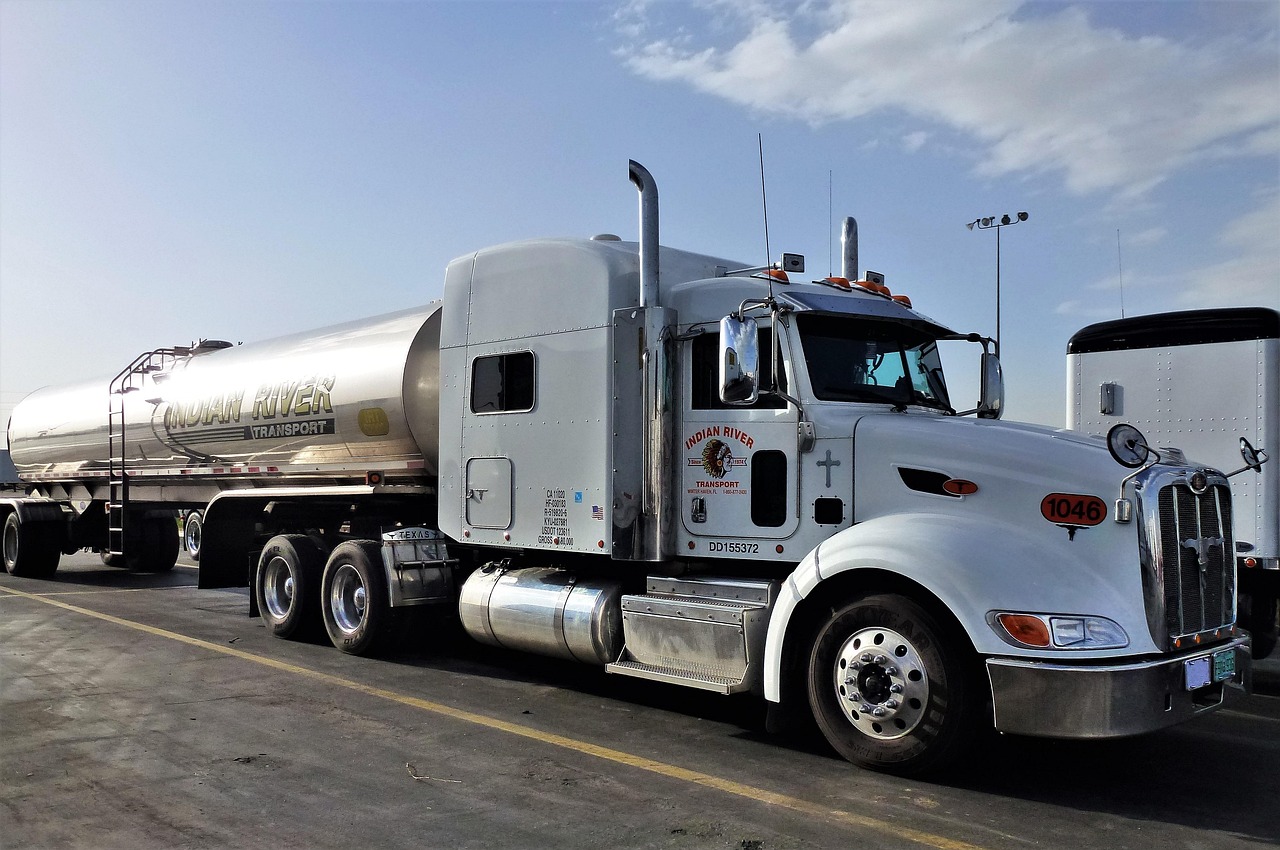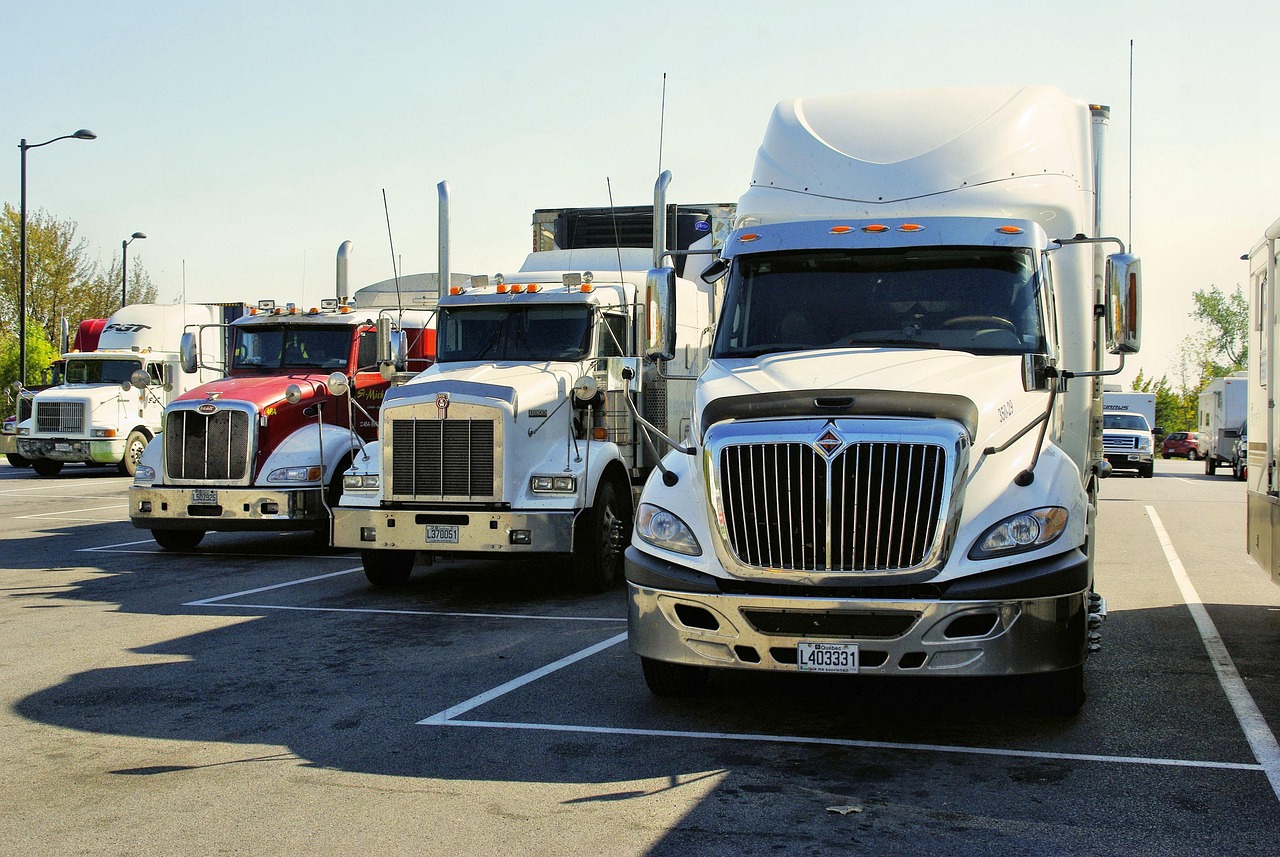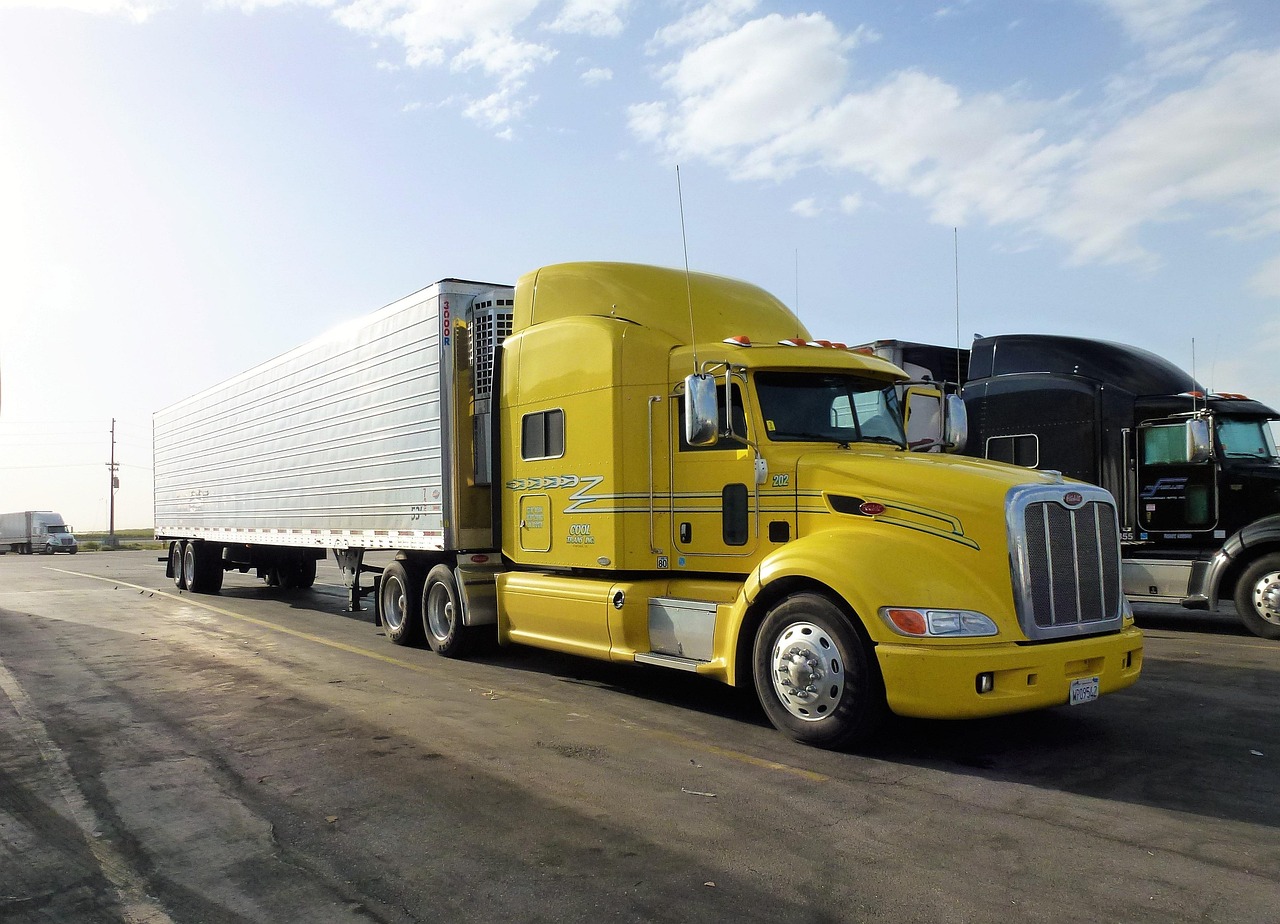The Unified Carrier Registration (UCR) annual filing is one of those evergreen compliance items that can quietly become costly if missed. For 2025 UCR updates, FMCSA rules, new compliance, trucking law changes, shippers, carriers, brokers, leasing companies and freight forwarders need to pay special attention — the program underwent notable adjustments that affect fees, enforcement timing, filing mechanics, and enforcement visibility on the roadside. Below is a practical summary of the changes and what fleets should do now to avoid fines, delays, or interrupted operations.

Fees Are up — Substantially for Many Fleets
The most headline-worthy change for 2025 is a fee increase. After two years of lower rates, the UCR Plan and the Department of Transportation approved higher state fees for the 2025 registration year — roughly a 25% average increase across brackets. That means many carriers will pay noticeably more than they did for 2024; the largest fleets see the biggest dollar jumps. Expect the published fee schedule to show higher amounts per bracket, and budget accordingly.
Practical action: review your current fleet count and ownership structure today (including leased equipment). Use the 2025 fee table to calculate the actual increase for your bracket so you can forecast cash flow and pricing. Several compliance vendors and state DOT pages have published the new bracket amounts — check your base state’s UCR page for the exact numbers that apply to you.
Registration Window and Deadline Reminders
The UCR registration window for the 2025 year opened in the fall of 2024 (typical pattern: registration opens October 1 prior to the registration year) and the deadline to complete registration and pay fees is December 31, 2024, to avoid enforcement actions starting January 1, 2025. Several states and UCR guidance pages emphasize that registration must be completed online — paper forms are being phased out in many jurisdictions.
Practical action: if you haven’t filed for 2025 and it’s still within your state’s acceptance window, file immediately through your base state (or via ucr.gov where directed). Don’t rely on postal delivery or paper forms — most states require online filing and will not accept paper paperwork for recent years.
Enforcement on the Roadside Is Being Emphasized
Enforcement efforts for the 2025 registration year began January 1, 2025, and enforcement partners (state agencies, enforcement subcommittees, and inspection programs) ran awareness initiatives in January and planned additional efforts in mid-year. The Commercial Vehicle Safety Alliance and the UCR Plan have been encouraging more active roadside verification; inspectors have a specific inspection code to capture UCR noncompliance. That means auditors and inspectors are primed to cite carriers who can’t produce proof of a current UCR filing.
Practical action: keep proof of your 2025 UCR registration accessible in your dispatch systems and in-vehicle documents where applicable. If your drivers are stopped, make sure they (or enforcement-facing staff) can quickly show the registration confirmation or current state-issued evidence.
Who Must File — No Surprises, But be Thorough
The set of entities subject to UCR remains broad: motor carriers engaged in interstate commerce (for-hire and private), passenger carriers, freight forwarders, brokers, and leasing companies must register and pay fees based on fleet size or category. Carriers domiciled in Canada or Mexico that operate in the U.S. also fall under the program. If your operation moves freight across state lines, you should assume UCR applies unless you have a specific exemption.
Practical action: confirm whether subsidiaries, affiliated entities, or leased arrangements require separate registrations. Mistakes commonly occur when companies assume a single filing covers multiple operating names or separate USDOT numbers.
Practical Compliance Tips and Audit Readiness
• Keep the UCR filing confirmation (PDF or screenshot) in a centralized, easily retrievable location and ensure dispatch and safety staff know where to find it.
• Reconcile fleet counts before filing — only “self-propelled commercial motor vehicles” typically count, but state-specific guidance can vary. Mistakenly counting trailers or non-CMVs can lead to overpayment or confusion during an audit.
• If you operate brokers or leasing companies, remember they have separate filing obligations even if they don’t own vehicles. Brokers and freight forwarders are subject to fees under UCR.
• Use the official UCR website or your base state’s portal to file; third-party vendors offer convenience but verify the total cost (vendor fees are additional to state UCR fees).
Penalties and Inspection Code
States use the FMCSA inspection software and associated violation codes to identify failures to register. The inability to show current UCR registration can result in a roadside citation and potential monetary penalties — and after January 1 enforcement is actively encouraged. Repeated noncompliance can trigger further state enforcement actions.
Practical action: treat UCR like insurance — plan and pay it early in your compliance calendar. If you’re audited, having a clear paper trail (payment confirmation + filing date + entity details) will minimize headaches.
Where to Find Authoritative Information
Primary sources for the 2025 changes include the UCR Plan website and the Federal Register notices that published the 2025 fee adjustments. State DOT and DMV pages (your base state) provide the filing portal and state-specific instructions/fees. If you use a compliance vendor, confirm they are filing under your authority and that you receive the official confirmation.
Bottom Line
UCR 2025 brought higher fees and reinforced enforcement activity — both reasons to treat the annual registration as a priority, not a clerical afterthought. Confirm exactly which entities in your organization must file, reconcile vehicle counts, file online through your base state (or ucr.gov where directed), keep proof of registration handy for inspections, and budget the increased fees into 2025 operating costs. If you’re unsure about bracket placement or whether an affiliate must file, consult your base state’s UCR office or an established compliance provider — it’s cheaper to get the filing right than to face a roadside citation.






